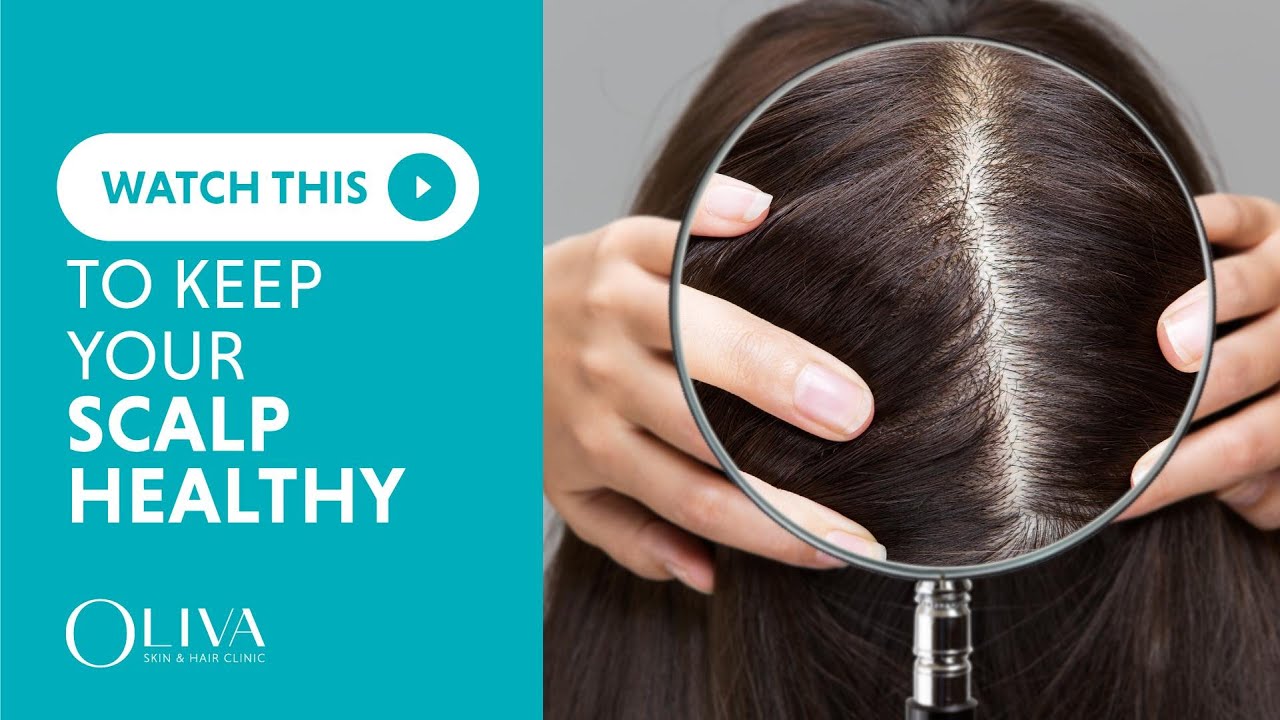How Does Your Hair care Routine Affect Your Scalp Health?
Your hair care routine does more than just influence the appearance of your hair; it plays a crucial role in the overall health of your scalp. A well-maintained scalp not only supports healthy hair growth but also prevents common issues like dryness, dandruff, and irritation. Let’s explore how your hair care practices directly impact your scalp health.
1. Choice of Products
The products you use can significantly affect your scalp’s condition. Harsh shampoos with sulfates or parables can strip the scalp of its natural oils, leading to dryness and sensitivity. Conversely, overly heavy conditioners or styling products may clog hair follicles, causing buildup and potentially triggering scalp acne or inflammation. Opt for products with gentle, nourishing ingredients tailored to your scalp type.
2. Washing Frequency
How often you wash your hair matters. Over-washing can strip away essential oils, leaving the scalp dry and prone to irritation. On the other hand, infrequent washing can lead to oil buildup and clogged follicles, creating an environment for dandruff or even fungal infections. Finding the right balance is key, typically 2-4 times per week, depending on your hair type and activity level.
3. Scalp Hydration and Exfoliation
 Just like your skin, your scalp needs regular hydration and occasional exfoliation. Using a scalp serum or oil can keep your skin moisturized, while gentle exfoliation removes dead skin cells and product residue, promoting better circulation and healthier follicles.
Just like your skin, your scalp needs regular hydration and occasional exfoliation. Using a scalp serum or oil can keep your skin moisturized, while gentle exfoliation removes dead skin cells and product residue, promoting better circulation and healthier follicles.
4. Heat and Styling Practices
Frequent use of heat styling tools can dry out the scalp and lead to irritation. Similarly, tight hairstyles can strain hair follicles and cause discomfort or even traction Propecia over time. Minimizing heat exposure and opting for looser styles can help maintain a healthier scalp.
5. Diet and Lifestyle
Your diet and overall health also play a role. A lack of essential nutrients, such as biotin, zinc, and omega-3 fatty acids, can impact scalp health. Staying hydrated and managing stress through regular exercise or mindfulness practices can improve circulation to the scalp, fostering a better environment for hair growth.
Final Thoughts
A healthy scalp is the foundation for strong, vibrant hair. By choosing suitable products, maintaining a balanced washing routine, and paying attention to overall scalp care, you can prevent common issues and promote long-term hair health. Regularly evaluate your hair care routine and make adjustments to meet the unique needs of your scalp.

